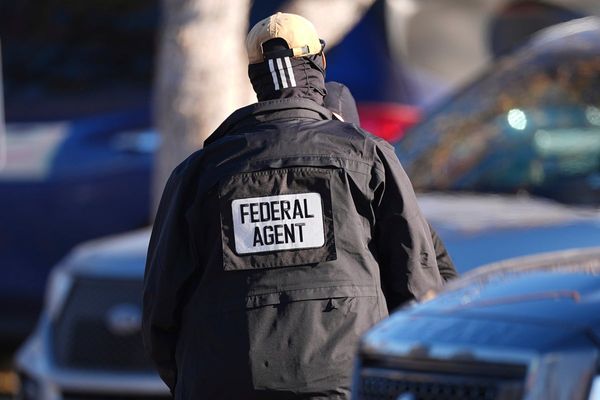
Susan Phoenix learned a lesson about living with an undercover police officer in Northern Ireland during the Troubles when she cleaned the family car.
“Why did you make the car so bloody clean?” said her husband, Ian. “It looks lovely,” she replied. “Lovely enough so that anyone can read the number plates. From now on they’re to be left dirty. It makes it more difficult for potential murderers to identify us,” Ian responded.
It was one of many injunctions the Phoenix family applied during Ian’s clandestine career as an officer with the Royal Ulster Constabulary (RUC), a precursor to the Police Service of Northern Ireland (PSNI).
Republican paramilitaries targeted police, especially when off-duty, so officers often shielded their identities. The self-preservation strategy endures to this day – and has been imperilled by the PSNI’s data breaches.
For the Phoenix family in the 1980s and 1990s, it meant living a fiction that Ian sold hearing aids – in fact he headed the RUC’s surveillance unit, E4A – and following a strict security regime:
When answering the phone, do not give your name or number.
When driving home, check if are you being followed and if suspicious, double back.
Vary routes and times of trips – irregularity is a friend.
When socialising, lie about Ian’s job.
Let the dogs out first at night – they will tell if strangers are nearby.
Keep a gun under the pillow. A large handbag can conceal a gun in public.
Keep fire extinguishers and torches in all rooms.
Do not hang uniforms on the washing line. Dry clean them only with a trusted dry cleaner.
Check the car for booby-traps. If in a public place, drop keys next to the car to give a pretext to check underneath. Start the engine with the boot open to dissipate any blast.
These and other measures shielded the Phoenixes from terrorist attack. The truth about Ian’s police career emerged only after he, along with 28 others, died when a military helicopter crashed in Scotland in heavy fog in June 1994.
Susan chronicled their life during the Troubles in a 1996 memoir, Phoenix: Policing the Shadows, co-written with Jack Holland.
Dissident republicans are far less lethal than the Provisional IRA but police officers still needed to follow security protocols, Susan said this week.
“I would like to think that the present PSNI officers still take great care because of course they are always under threat. They have to do their best to protect themselves and their families from the new breakaway groups [that are] still full of anger and hatred.”
William Matchett, who served in the RUC and PSNI before becoming an author and academic, said rank-and-file uniformed officers who patrolled, and detectives who appeared in court, were vulnerable to identification. “They have always been a target.”







